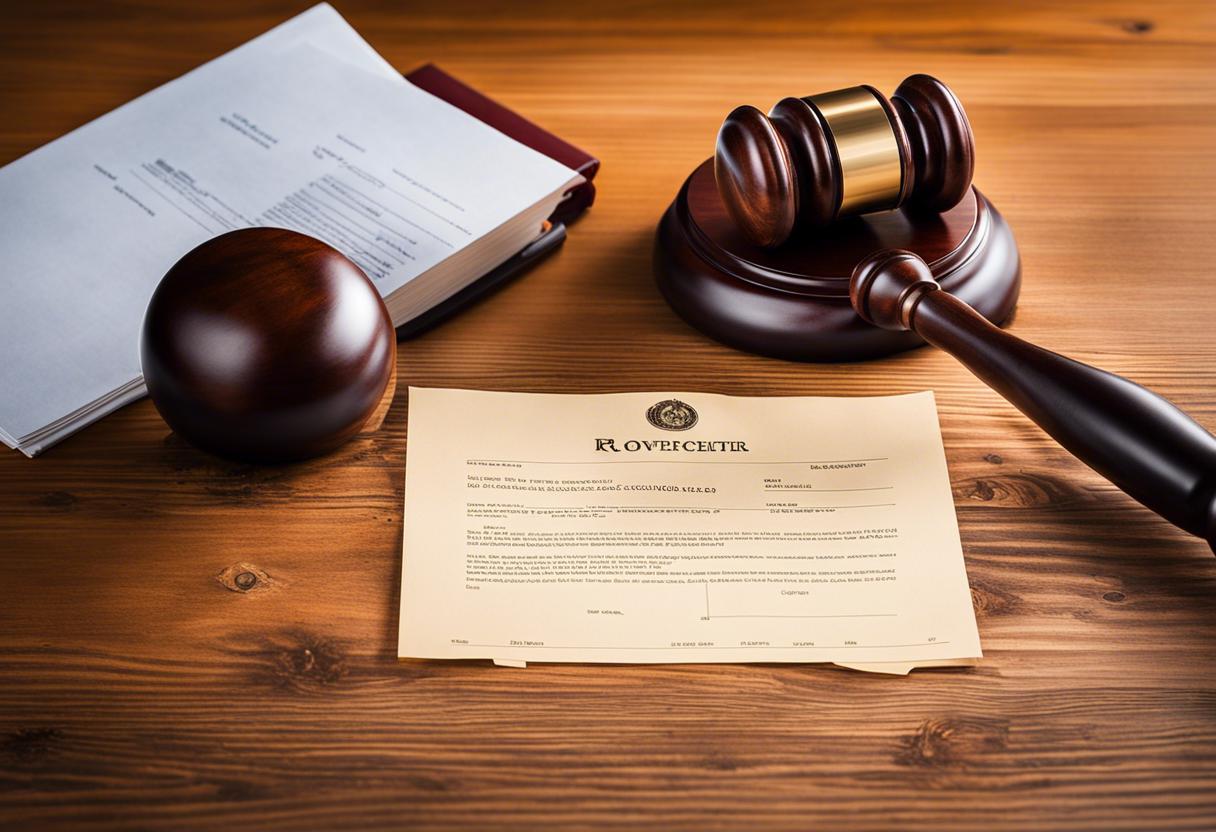The Court of Appeal (CoA) has pronounced that the parents of a three-year-old asylum-seeker do not possess the derivative right to work on their child’s behalf. This ruling followed an unorthodox proposition by the parents to exercise, as proxy, their son’s right to work, as granted by the State’s protection scheme to asylum seekers after a nine-month period.
The parents had previously applied for international protection in 2016 but were met with rejection. Despite deportation warrants over several years, their son was born in April 2021. Even though they had requested the right to work whilst their original applications were under review, their secondary applications were rebuffed due to their previous unsuccessful attempts.
In a twist of events, the parents implicated that their recent applications were proxy, implying that as parents of a minor within the international protection application process, they had acquired an indirect right to work. This was subsequently dismissed.
In April 2022, they embarked on legal proceedings against the International Protection Appeals Tribunal, the Minister for Justice and Equality, and the State. Their son’s international protection application was approved in the interim, and they were awarded ‘Stamp 4’ visas, allowing them to reside and work in the State until September 2025.
The State responded by requesting the High Court dismiss their case as irrelevant, but the court ruled to determine the basis of it. The parents further requested damages for the period they were unable to access the labour market whilst their son’s application was lingering. The High Court’s ruling was grounded on the mistaken belief that the juvenile had a right to work; it ruled that the child did not have this right, and the parents could therefore not indirectly exert a right their son did not have.
On Wednesday, Ms Justice Ann Power, supported by the three-judge CoA, backed up the High Court’s verdict.
The child had been granted access to the workforce as per article 15 of a 2018 European Union directive concerning basic standards for international protection applicants, she stated. However, the rights granted by this were not equivalent or relatable to the rights provided through EU citizenship. They were not covered by any established principle, nor did they entail derivative rights for the parents, she elaborated further. The judge went on to express that the interpretation of article 15 of the EU directive by the parents, suggesting it demands respect for human dignity, was inaccurate. Further, there were no lapses on the side of the respondents in upholding any EU or constitutional rights of the parents, she added. Taking into account these points, she concluded that their plea for damages holds no merit.

